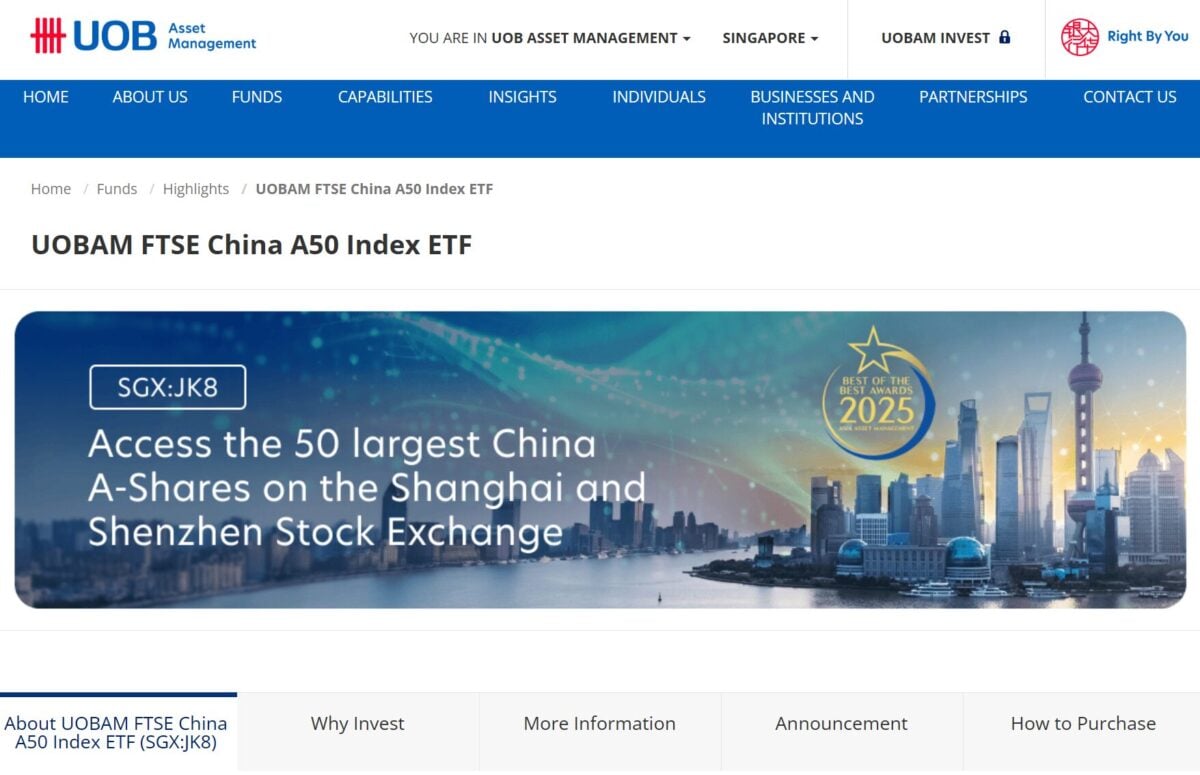
With the Singapore FinTech Festival (SFF) 2024 currently underway and over 900 speakers sharing their thoughts on various topics, discussions on investments, market outlook and talent demand was inevitably on the agenda.
Whether you’re in the technology industry or not, many of these insights will be useful to understand the current economic landscape trends and how they will influence your personal finance growth.
Read Also: 4 Trends We Learned At The Singapore FinTech Festival (SFF) 2024
Using AI At Work
More people are relying on AI software to increase productivity and reduce human errors. For instance, workers can utilise generative AI tools such as ChatGPT for research and coming up with ideas (like this article!), as well as improving grammatical errors in their copies and understanding more complex concepts.
According to Jobstreet by SEEK’s Acting Managing Director (Singapore) Vic Sithasanan, 39% of workers in the country use AI regularly and over a third of them use the technology at work. When speaking at the Singapore FinTech Festival, he also added that with increasing jobs in the STEM space, workers need to leverage on AI software.
Not only useful when performing your work, the benefits of AI extends to even the job search process. Jobstreet helps employers shortlist candidates suitable for the position by using large language models (LLMs) that are able to scan job ads and instantly recommends candidates that match the requirements.
As for jobseekers, Jobstreet has a feature that will nudge you to apply for a job you’re highly qualified for and advise you to talk about specific skills needed by the employer during your job interview.
Read Also: 5 Ways Artificial Intelligence (AI) Can Be Used To Improve Your Job
Reskilling And Expand Beyond Your Current Domain
Working in a research and development (R&D) centre such as Singapore, you need to be ready to expand beyond your current domain and reskill.
“Once a company starts harnessing the power of generation AI (Gen AI), a full five hours of work a day for a test engineer will disappear. It’s important to reskill – and skillsets that are in demand are not only tech skills but practical behavioural skills as well such as critical thinking, being able to connect the dots in an organisation and creativity,” said Nesan Govender, the Managing Director of Strategy and Consulting for Accenture Southeast Asia.
On the employer side of things, they need to invest revenue in learning and development and provide employees with access to the right content and making it mandatory for some.
Personalised Experiences
The advent of new technologies has allowed us to enjoy convenience in everyday processes such as making digital payments.
During the Singapore FinTech Festival, Visa launched a next gen ecommerce checkout system that promises to simplify payment steps and protect your financial information and redefine online shopping experience in Asia Pacific.
Consumers create a Visa Payment Passkey on their device using biometric identification such as face ID or fingerprint lock, eliminating the need to exit the payment page to check and enter OTPs for checkout transactions. Visa also offers the ‘Click to pay’ feature where you add your debit cards and credit cards and simply click on your selected card when you see the ‘Click t o pay’ icon. Typically, guest checkout transactions take around two minutes. The ‘Click to pay’ feature reduced the checkout process to 19 seconds, according to TR Ramachandran Head of Products and Solutions, Asia Pacific, Visa.
Additionally, Visa also creates more personalised experiences for customers by using anonymised data with the customer’s permission at certain merchant sites. How this works is customer undergoes authentication process with biometric passkey. Then they will be asked for permission to share data such as their past purchase experiences and the merchant will offer a customised experience to the customer based on the data such as recommending travel packages tailored to their liking.
What will be even more mind-boggling to consumers is the palm-recognition payment that Tencent is rolling out. By pairing your biometrics (you palm in this instance) to your credit card, you can start paying for purchases.
Digital Currencies Is (Still) The Future
Rewinding to 2019, there was a time when cryptocurrencies were the rage and everyone thought they were the future. By the start of the year, many people may have concluded that it was not going to be the case.
Apparently, it still is.
The Monetary Authority of Singapore (MAS) announced that it will move forward with tokenisation in financial services including fostering industry frameworks for tokenised asset implementation and developing market infrastructures.
Director of Amazon Payments at APAC Amazon Sujit Misra commented at the Singapore Fintech Festival that blockchain has so much potential in solving real world problems including getting financing for SMEs and the underserved population as tokenisation lowers costs of capital.
Retail Central Bank Digital Currencies (CBDCs) come with many advantages including lower holding costs compared to cash and possibly more readily available as compared to bank deposits.
The post Personal Finance Insights From The Singapore FinTech Festival: How To Navigate Your Finances And Careers appeared first on DollarsAndSense.sg.











